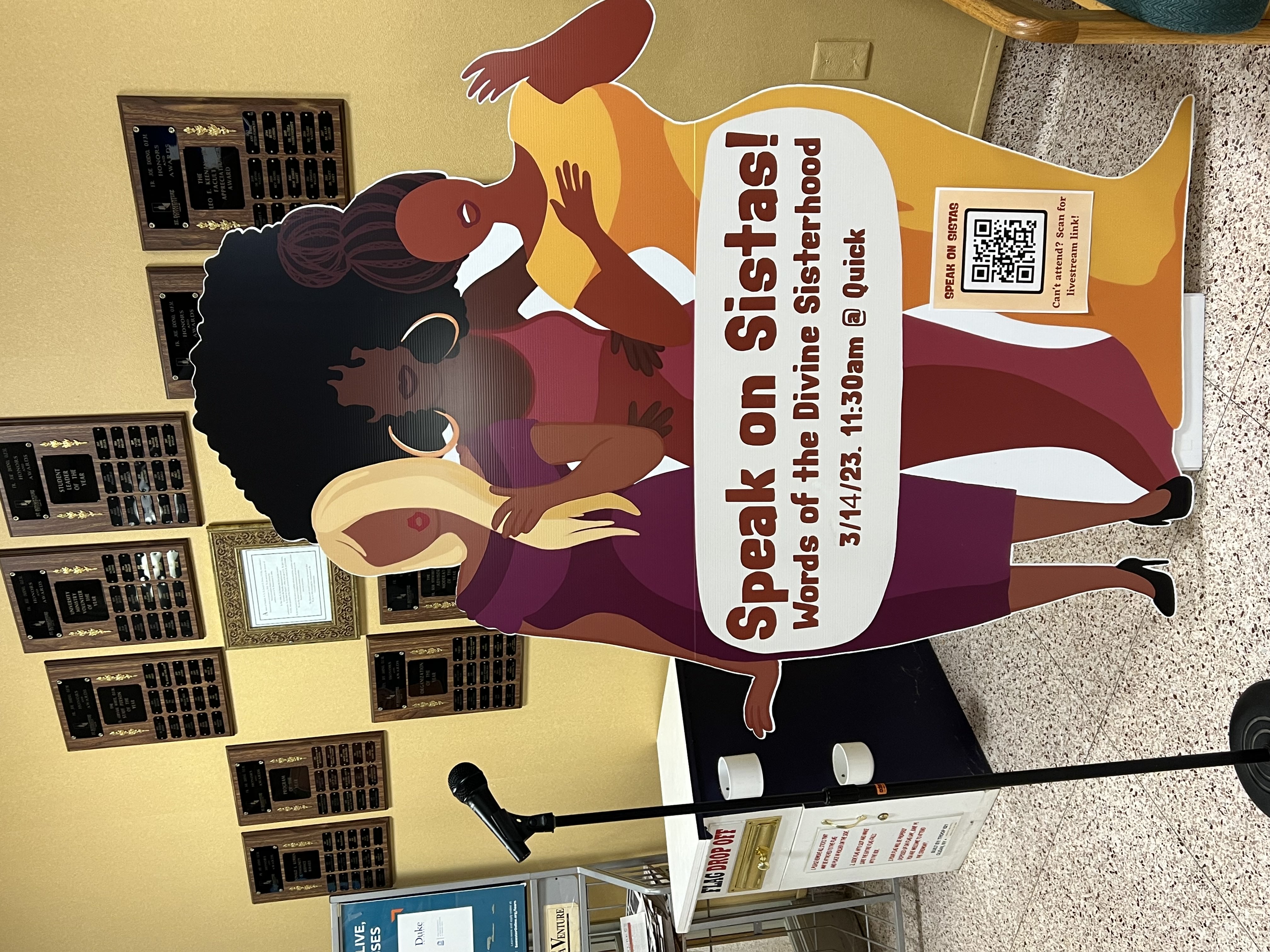“The Starbucks mermaid logo/ has lost her nipples.”
This is the first stanza of Hoa Nguyen’s poem “The Starbucks Mermaid” from her book of poems, Red Juice.
“Ahh,” you might say after reading those lines. “I remember the days when the creature displayed her femininity on my morning coffee.” The following stanza may stump you a bit, though. “I coffee you a bit/ fiery with my purple tongue/ & random sadness.” Coffee. Okay, fair enough, but purple tongue? Sadness? You’re probably a bit lost. Nguyen uses this technique in almost all her poems. She presents a few connecting ideas, then throws a random word into the mix just in time to spice things up. Take off your analytic glasses and forget what your 10th grade English teacher told you about poems.
Not everything in Nguyen’s pieces connects or even has notable meaning. The goal is to make the reader think and feel something. These poems aren’t for Ivy League scholars who can’t look at anything that doesn’t have a definitive canonical precedent. These wonderful pieces of art are for those whose minds are open to all possibilities. They’re for writers, poets, dreamers and people who don’t mind a few vulgarities here and there. Her poems are meant for enjoyment. So simply acknowledge the flow of the words and the rhyme choices she makes. Read them out loud again and again, because they’re fun and others deserve to hear them and be just as confused and happy, all at once, as you’ll be.
Nguyen places hints of her motherhood throughout her book. The title itself is a euphemism parents use in front of their kids for wine. It’s obvious through her poetry that she’s a dedicated parent—who also wants to share the struggles of being a mother in her work.
In her poem, “What Can Be My Disobey,” she says, “Your baby thoughts/ are typical for your class/ and your education level.” Here it seems like she’s rationalizing her child’s wrongdoings and thinking about how she, too, makes mistakes. I’ve seen this sort of behavior from mothers before. They’ve already experienced childhood, but sometimes they forget what it’s like and need to take a moment to remember their lives at that age. Nguyen seems to use her words as a way of venting about motherhood in a healthy manner. Red Juice could almost serve as a sort of diary that she wants other mothers to read and relate to. Kids fighting? Laundry baskets overflowing and sticky messes everywhere? Pour some red juice and read Red Juice and feel stress free moments later. Mother or not, though, these poems are relatable for all readers.
If it’s not clear yet, Nguyen’s poems are full of surprises; her spacing, line length and vocabulary vary from poem to poem. Red Juice contains a decade of work, so this book serves as a sort of personal history for Nguyen—who says in her poem “Big Heart Small Heart,” “What isn’t an historic moment?” The movement through time is evident as the reader moves through the book. Nguyen documents one poem as “Dream 5.22.97” and later talks about the 2008 Beijing Olympics and China’s preparation for all the tourists. The reader must be ready for something new each time he or she flips the page. Oftentimes, poetry instructors try too hard to make students find specific meanings and devices in a poem, and that’s how most high schoolers come to hate poetry. But Nguyen simply wants her readers to enjoy poetry and have fun with it.
Two of the most interesting things about these poems are the punctuation and style choices. Nguyen almost never uses periods in her poems. Maybe it represents some deeper meaning, like how history is endless and always continuing. Maybe it represents motherhood and how there’s rarely time to stop and pause. Maybe she’s afraid of committing to a final end. Maybe she just doesn’t like periods. Period. Instead, she relies on space to tell the reader when to breathe and think about the idea stated. She capitalizes the first letter of random words, typically at the beginning of a line, but usually opts to start a line with a lowercase, saying most words hold equal importance. Some of Nguyen’s lines are long, and some are only one word. Some lines start on the far right of the page and others begin aligned on the left like one would expect. These peculiarities are what make reading the poems so fun. Some can be read in different ways, like backwards or diagonally, and some can hardly be read aloud without stopping and saying, “What the heck did I just read?” At times, reading the works can feel more like a mind game than anything, but that’s what makes Red Juice so eccentric.
Red Juice is filled with the unexpected. It’s not something you’ll pick up and easily grasp by the 10th page—it takes thinking and using your imagination to truly appreciate this book. Even if it doesn’t make sense by the 100th page, keep reading Nguyen’s poems, simply because they’re fun to read. Who else can come up with a poem name like, “Smell the purple incense that may or may not smell better than the rat you named ‘composition,’” anyway?
kolbee14@bonaventure.edu






